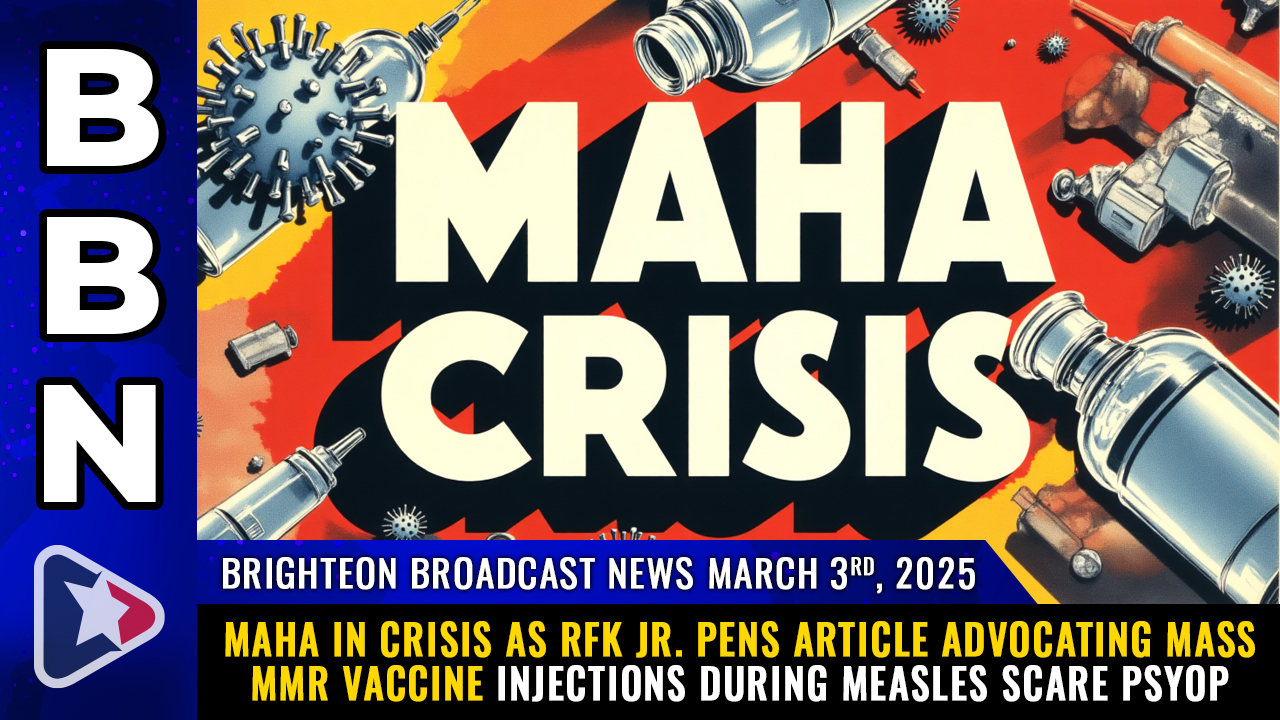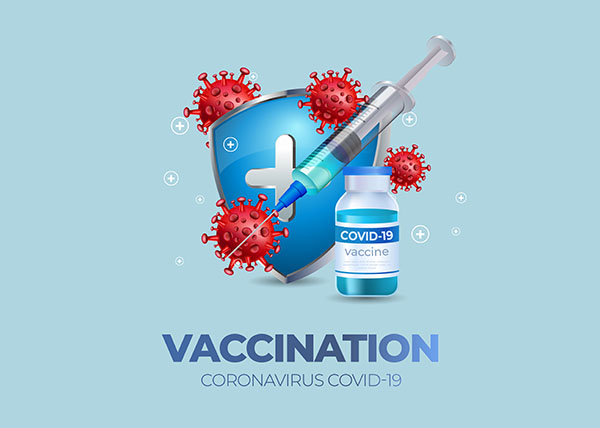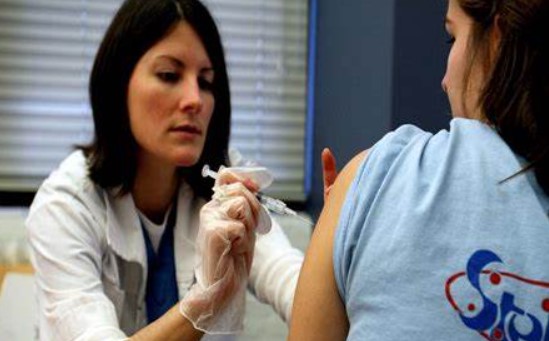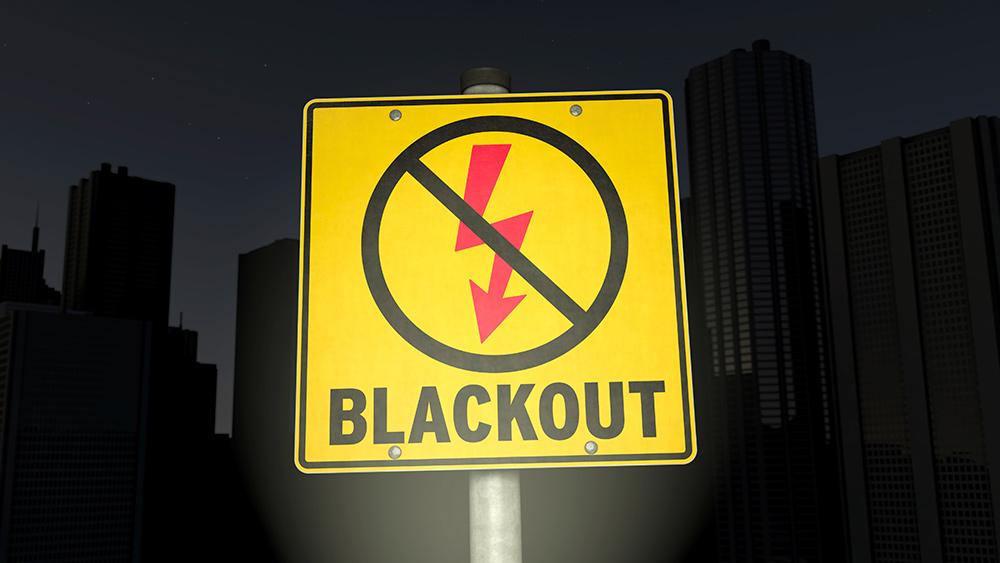States push back against mRNA injections, announce bans on deadly shots
By avagrace // 2025-02-23
Tweet
Share
Copy

- Kentucky, Montana and Idaho are spearheading efforts to ban or pause the use of mRNA vaccines, citing concerns over safety and long-term effects. Kentucky introduced a bill to ban human gene therapy products, including mRNA vaccines, until 2035, while Montana and Idaho are advancing similar legislation.
- Critics argue that mRNA vaccines, which use synthetic genetic material to trigger immune responses, pose unknown long-term risks and have been linked to adverse events. Proponents, however, view the technology as a groundbreaking advancement for disease prevention and treatment.
- Montana’s House Bill 371 proposes classifying mRNA vaccine administration as a misdemeanor with fines and license reviews, while Idaho’s Senate Bill 1036 seeks a 10-year moratorium on mRNA vaccines and gene-based therapies. Both bills reflect skepticism toward federal safety assurances.
- Beyond state legislatures, counties like Boise and Washington in Idaho have passed resolutions advising against mRNA vaccines, particularly for children. Similar initiatives are emerging in Iowa, South Carolina, Texas and Washington.
- The debate over mRNA vaccines is deeply political, with conservatives framing it as a fight for personal freedom and resistance to government overreach.
The dark side of mRNA vaccines, and why they should be banned
The mRNA vaccines, particularly those developed for COVID-19, pose significant risks to public health. The mRNA technology uses synthetic genetic material to instruct cells to produce a protein that triggers an immune response. Despite claims of these kinds of vaccines being "safe and effective," reports of adverse events including severe injuries and deaths, show that these vaccines may not be as safe as claimed. (Related: mRNA vaccines are extremely toxic, Moderna scientists now warn.) Epidemiologist Nicolas Hulscher of the McCullough Foundation, a vocal critic of mRNA vaccines, believes these state and local efforts could force the federal government to reconsider its stance. He and others argue that the growing body of evidence linking mRNA vaccines to adverse events – including cancers, miscarriages and abnormal bleeding –warrants immediate action. The debate over mRNA vaccines is not just a scientific or medical issue, it's a deeply political one. The push to ban these vaccines is about reclaiming personal freedom and resisting government overreach. The federal government's handling of the COVID-19 pandemic through mandates and coercive policies eroded public trust, making it difficult for many Americans to accept the safety claims surrounding mRNA vaccines. Watch Dr. Robert Malone discussing the risks of mRNA vaccines, including cancer, in this clip. This video is from The HighWire with Del Bigtree channel on Brighteon.com.More related stories:
Slovakian government investigation finds that COVID was a "fabricated operation," calls for immediate ban on mRNA injections. Should all blood donations from Covid-vaccinated people be BANNED from use until research PROVES them safe? Slovak government report recommends BANNING dangerous mRNA vaccines. Sources include: ChildrensHealthDefense.org NBCMontana.com Climate.Law.Columbia.edu Brighteon.comTweet
Share
Copy
Tagged Under:
vaccines vaccine damage freedom Vaccine deaths vaccine injury Idaho banned Montana harmful medicine health freedom Kentucky Dangerous Medicine badhealth badmedicine liberty vaccine wars mRNA vaccines
You Might Also Like
Mike Adams calls for RFK Jr. to disavow pro-vaccine article amid MAHA movement crisis
By Finn Heartley // Share
The digital control grid is taking shape under the Trump Administration
By Lance D Johnson // Share
The American health care system is a collection of profit centers unrelated to health care
By News Editors // Share
Recent News
Earth-like soil patterns on Mars reveal clues to the planet’s climate history
By willowt // Share
Virologist who endorsed HCQ for COVID-19 appointed to top pandemic post at HHS
By ramontomeydw // Share










